Thanks to the invitation from Misereor, an international NGO, I was honored to speak at a workshop in Cochabamba, Bolivia that brought together agro-ecologists from various countries. For years, they have been farming in ways to improve soil to grow healthy produce, without the need to apply artificial pesticides and fertilizers. However, the organizers realized that the last step in the food chain has been missing in their movement, EATING. It is what I´ve been promoting for decades: healthy, delicious eating based on healthy plants, coming from healthy soils. Thus, my contribution was several participatory sessions with the objective that the various smaller NGOs incorporate the last step in their organizations´ strategic planning. Given that consumption be added to the organizations´ work plans, farmers would begin to understand the importance that they eat what they grow locally.
Slow Food Bolivia also participated in the workshop and also prepared a superb typical meal, with the addition of lots of fresh salad. Slow Food has a similar meal every Thursday, in which various topics of how to be a conscious consumer are discussed, both formally and casually with those who come to eat the healthy, delicious food. We spoke about different farming techniques -- conventional, organic, agro ecologic -- and how they contribute or not to the nutritional value of foods. We also spoke about paying the farmer a fair price, and of the necessary solidarity which all of the beings on earth share in the need to use the sun´s energy efficiently. (Oil turned into fertilizer is a terribly inefficient use of the sun´s past energy.)
Like Ecuador, Slow Food Bolivia participates in the Ark of Flavor, where we, like ancient Noah, select certain items – such as foods, dishes, techniques -- that should not disappear from the face of the earth. What a surprise it was to learn that Ecuador´s “tamarillo”/”tree tomato” is barely known in Bolivia! In fact, there it is called “lima tomate”.
Some of my most memorable moments in Bolivia all had to do with wonderful flavors and learning at the world-famed restaurant Gustu in La Paz and at the Manq´a schools (means “food” in the Aymara language) that it supports. Thanks to the introduction by the Dickler/Escóbar family, I was given the opportunity to meet Coral Ayoroa, a Bolivian cook at Gustu (trained in Denmark and Peru) and share in her dedication and enthusiasm. Her expansive heart and huge eyes, full of enjoyment and serious responsibility, led me into the chefs´ table in Gustu´s kitchen where we enjoyed some of the most well-balanced, creative dishes of my life. It was certainly a night I will remember, tasting with Coral, as she explained to me what the cooks, so dedicated and precise, were preparing.
The ambiance was electric and full of flavors that originated in delicious Andean and Amazonian foods. Everything served, both food and drink, is Bolivian. A meal at Gustu, served by students from the Manq´a school located in El Alto, a working-class municipality close to 13,000 feet above sea level, elevated me to pure heaven. It was an experience of all five senses; that´s how we live culinary culture.
Coral is in charge of the 10 schools of the Melting Pot Bolivia Foundation. These are Schools of Culinary Artes where people from El Alto follow a rigorous, intensive course that prepares them be food professionals - to have their own businesses or to work in the culinary field. .
I was thoroughly thrilled to see the students’ interest in nutrition and their deep desire to learn. Just like all cooks in the world, their coursework does not include nutrition. And as you might guess, WOW!!, I saw how I could fit in, my mission. With the support and collaboration of Coral and Melting Pot-Bolivia Foundation, it would be possible to become among the first to combine the nutritional value of foods with culinary arts. Truthfully, that is my dream and I am going to pursue it to the end, God willing.
As an ecological nutritionist, I love the significant and delicious opportunities that life brings to me. The international workshop in Bolivia, as well as the possibility to include nutrition in the culinary arts school with students close to La Paz, unite what I always do, Cooking and Health. In the next post, I will share with you my food experiences in Bolivia, dishes and recipes I cooked with Aymara women and how the use of common Andean foods varies between countries.






